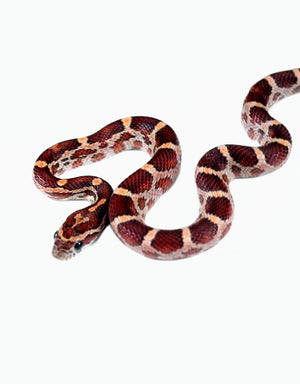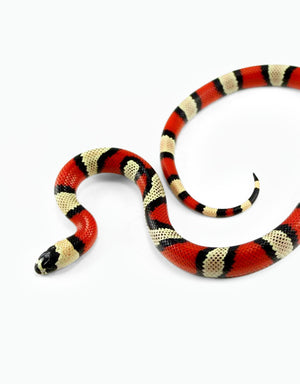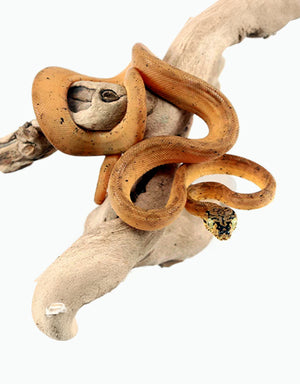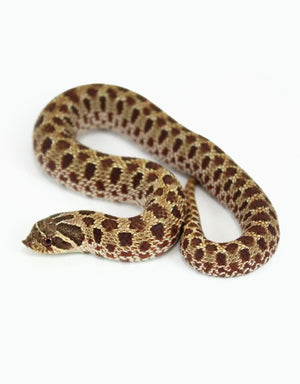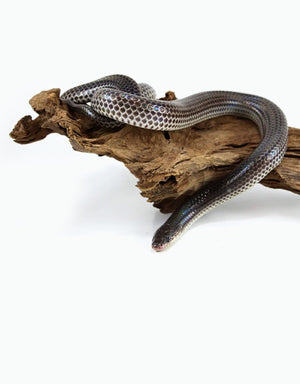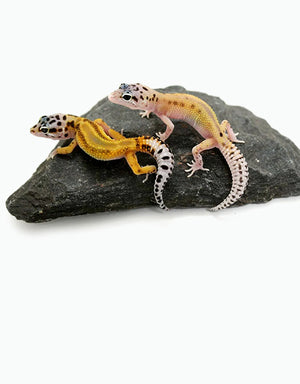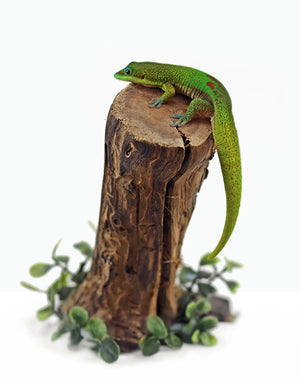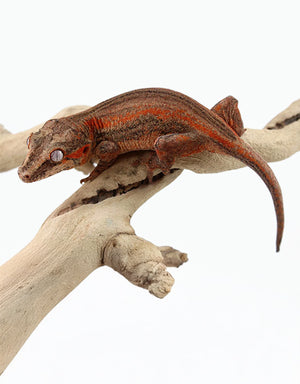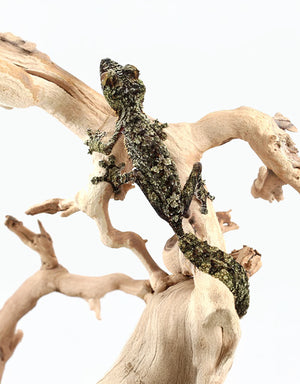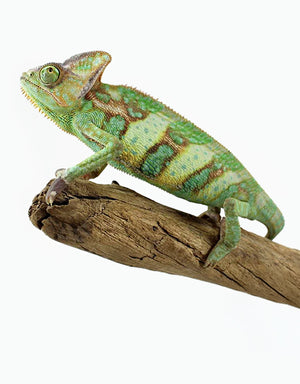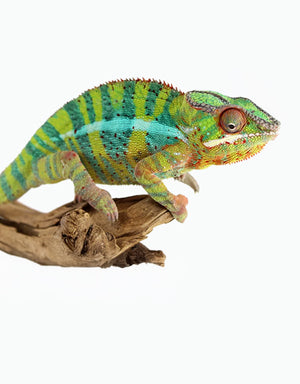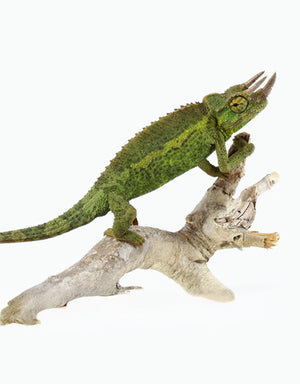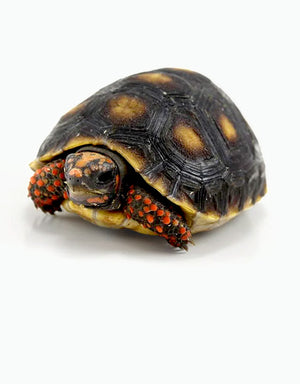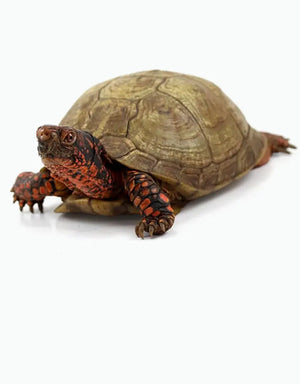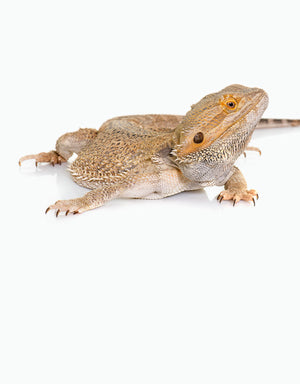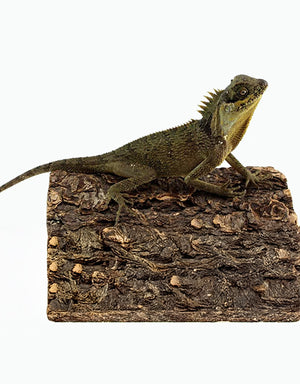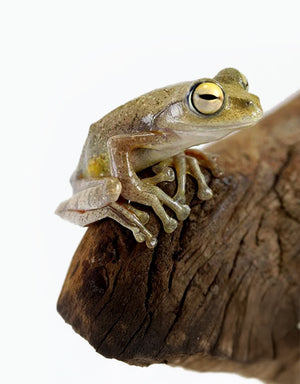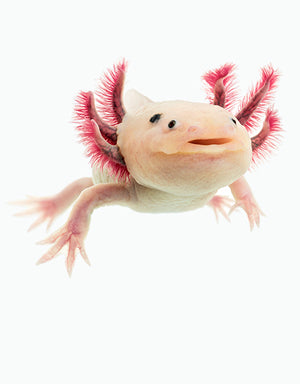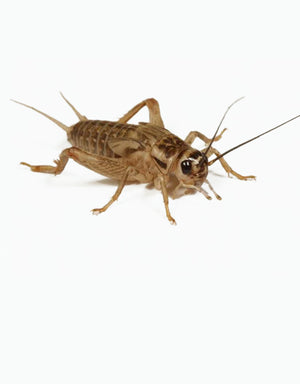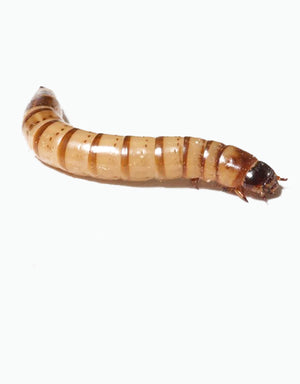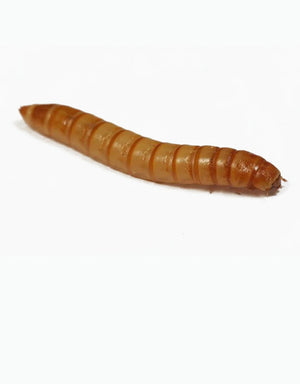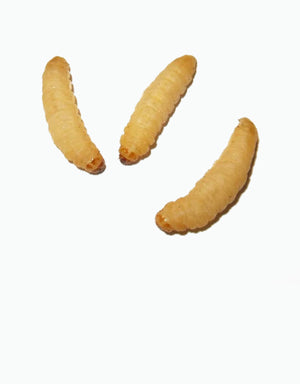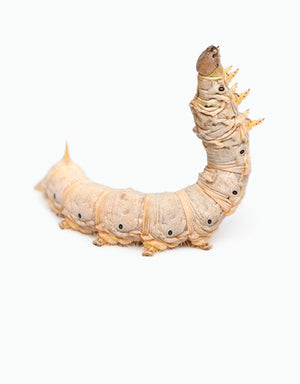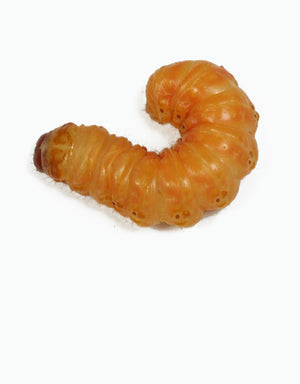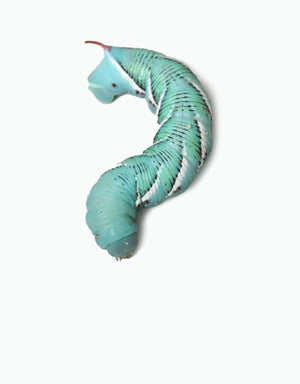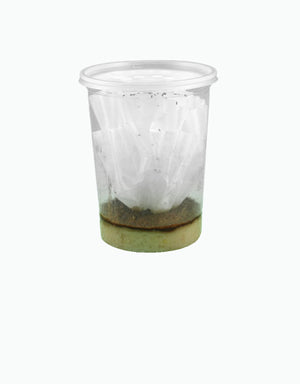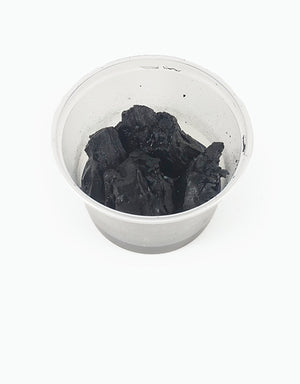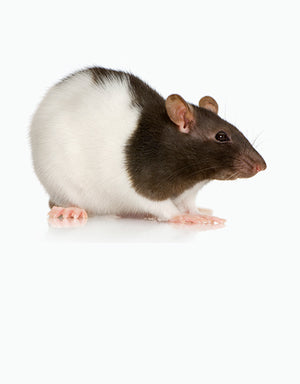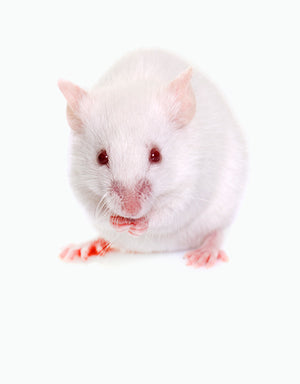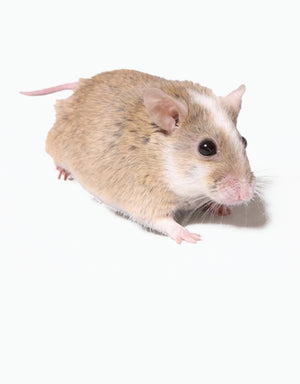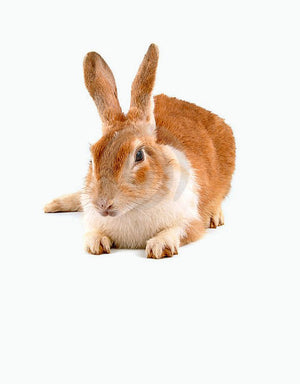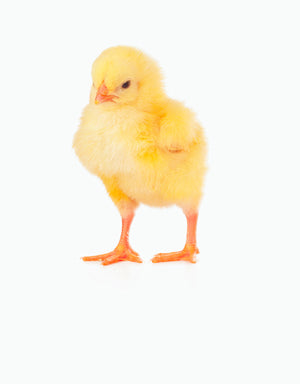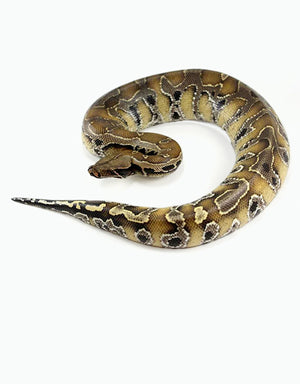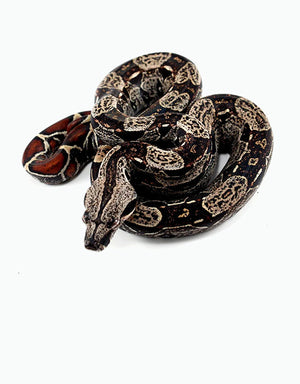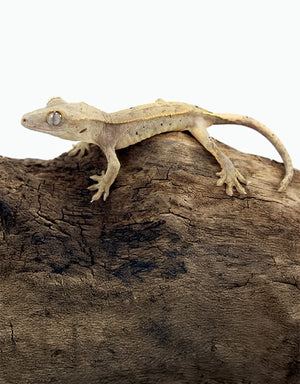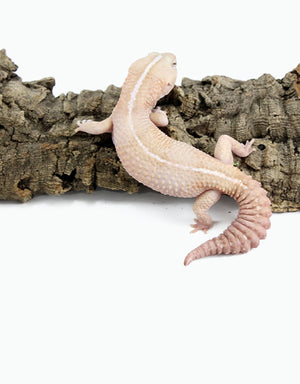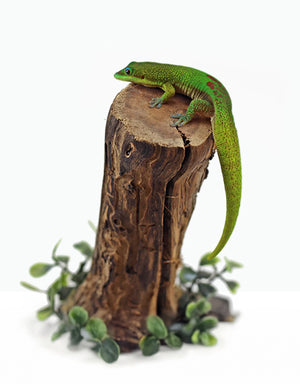Winter Prep for Reptile Habitats
Share

When winter arrives, many reptile keepers notice their scaley friends behaving differently. Temperatures fluctuate more, humidity drops unexpectedly, and reptiles may seem a little slower than usual. For many reptiles, this is normal and to be expected. It is usually best to allow your reptile to adjust to the winter season and a slower metabolism rather than forcing any major changes. However, with a few thoughtful adjustments, your reptile can stay comfortable and healthy all season long.
Why Winter Care Matters
Reptiles rely entirely on external heat sources to regulate their body temperature. Even a small drop in ambient room temperature can affect digestion, metabolism, appetite, and overall behaviour. What feels like a minor overnight cool down to us can feel significant to your reptile and this will result in changes in their behaviours.
How Temperature Drops Affect Your Enclosure
Most homes naturally get cooler at night during winter. This can pull the enclosure’s temperature down with it. If your heating equipment isn’t strong enough, your reptile may become sluggish, skip meals, or struggle to digest properly. These aren’t signs of sickness, they’re signs your reptile may be going into brumation and you can either encourage it under safe conditions or you can give the habitat a seasonal tune-up. Remember that although you can adjust temperature and humidity, you will not be able to adjust for air pressure changes so even with a tune-up, it may not prevent brumation, it will just make it more comfortable for them.
Upgrading Your Heating Setup
During winter, many keepers switch to slightly higher wattage bulbs, add a ceramic heat emitter, a radiant heat projector, or incorporate a thermostat to stabilize heat output. A thermostat is especially important because it keeps temperatures consistent even when the room temperature changes. It’s one of the easiest ways to prevent nighttime drops.
Alternatively, you can also embrace the natural night time drops and changes in behaviour. Allowing your reptile to brumate, rest, and recharge for the winter can be highly beneficial for their overall health. Choosing this route, means you will also lower the light cycles from 12 hours on to 8 hours on and 16 hours off to mimic a natural change in light cycles in the wild. During this time, it is important to allow your reptile to rest and not force activity or food.
Managing Winter Humidity
Another issue that sneaks up on keepers is dry indoor air. Household heating systems can significantly lower humidity levels, affecting shedding, hydration, and respiratory comfort. Adding more misting sessions, incorporating moss, or using a fogger can help maintain proper levels. Even simple changes, like adding extra leaf litter or placing a water dish near the heat source, can make a big difference.
Checking Your UVB Lighting
It’s normal for reptiles to behave a little differently in winter. Some may hide more, bask less, or eat less frequently. Regularly checking your temperatures and humidity ensures nothing slips out of range.
Watching for Seasonal Behavior Changes
It’s normal for reptiles to behave a little differently in winter. Some may hide more, bask less, or eat less frequently. Regularly checking your temperatures and humidity ensures nothing slips out of range.
How to Tell the Difference Between Brumation Behaviour and Illness
There is a very easy trick that works for most reptiles, such as bearded dragons. Brumating dragons will suddenly stop basking and tuck themselves under a piece of décor or try to bury themselves into the substrate. They will choose to spend most of their time on the unheated portion of the enclosure, but so do dragons that are ill. So how do you tell the difference? Easy! Gently take your dragon out of its hiding spot and place it out in the open, outside of the enclosure. A healthy brumating dragon will perk up quickly with bright eyes, alert posture, and moving around as if nothing is wrong. After letting them wander for a bit, place them back into the enclosure and see what they do. If they immediately return to their hiding spot and settle in again, that’s a good sign it’s brumation. However, if you take them out and they stay sluggish and lethargic, that may indicate an underlying health issue.
Simple Winter Tips for Success
A few small adjustments, changing bulb wattage, adding moisture retaining décor, checking thermostats, or refreshing UVB lighting, can keep your reptile thriving all winter long. Winter doesn’t need to disrupt your reptile’s routine. With a little preparation and observation, you can create a habitat that stays stable, warm, and healthy, no matter how cold it gets outside.












